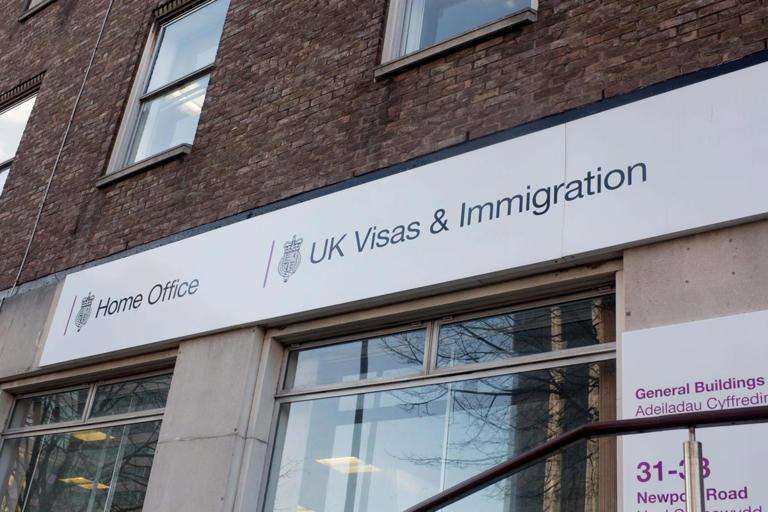According to the government’s revised impact assessment, even after Downing Street watered down its welfare overhaul to satisfy back‑bench critics, more than 150,000 people could still slip into relative poverty.
Ministers will table the full package of amendments for Tuesday’s vote, though roughly 50 Labour MPs are expected to remain opposed. In the updated assessment—drawn up after more than 120 Labour MPs threatened a rebellion—officials now predict the reforms will have only a “negligible” effect on child poverty, one of the chief worries about the original plan. Nonetheless, they estimate that by 2030 the new rules will leave an extra 150,000 people in poverty; the initial proposals were forecast to push 250,000 below the poverty line.
Work and Pensions Secretary Liz Kendall is due to outline the revisions, which won over several would‑be rebels—among them Treasury committee chair Meg Hillier—by shielding current disability claimants from cuts and pledging to uprate the universal‑credit health component with inflation. No 10 insists the shake‑up is vital to curb a spiralling benefits bill, even though last week’s concessions will add about £3 billion to the Treasury’s costs.
A spokesperson for Keir Starmer argued that the “broken” welfare system still traps millions by forcing them to declare they will never work, only to abandon them without support or dignity. While acknowledging uncertainty in the poverty projections, he said the figures do not reflect extra spending on health and social care, including £1 billion a year by 2030 to help disabled people into work.
The government also rejected claims that the reforms create a “two‑tier” system, asserting they are legally sound. Further concessions have not been ruled out as whips continue talks with MPs; some, such as former whip Vicky Foxcroft, remain unconvinced.
On Monday, the Department for Work and Pensions will publish terms of reference for a review of Personal Independence Payment, led by Welfare Minister Stephen Timms and “co‑produced” with disabled people. The government will also detail £300 million in employment support over the next three years and issue draft regulations for a “right to try” scheme, allowing disabled claimants to test a job without jeopardising their benefits.
Starmer’s spokesperson stressed the review would be genuine co‑production, ensuring people with lived experience shape a system that delivers better outcomes and respect.








.svg)



